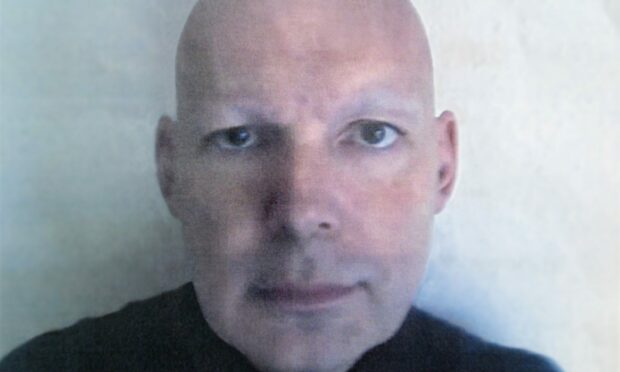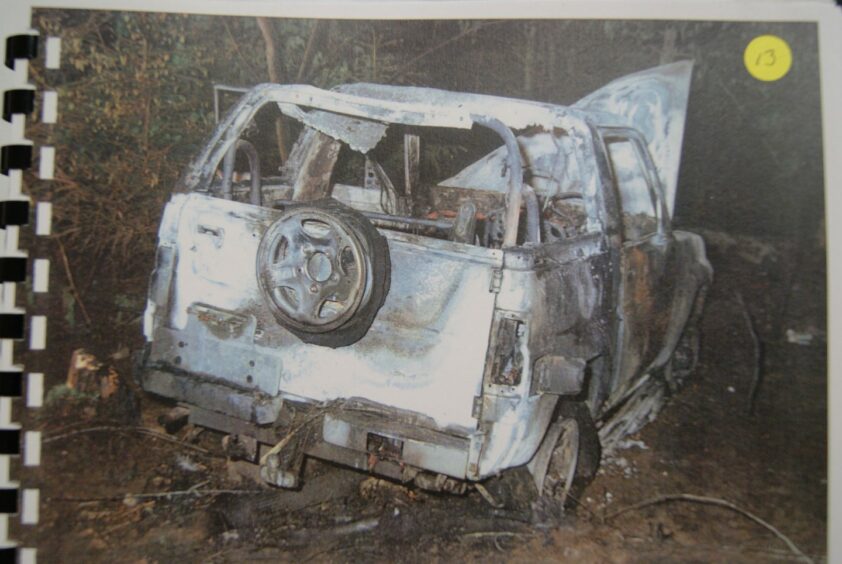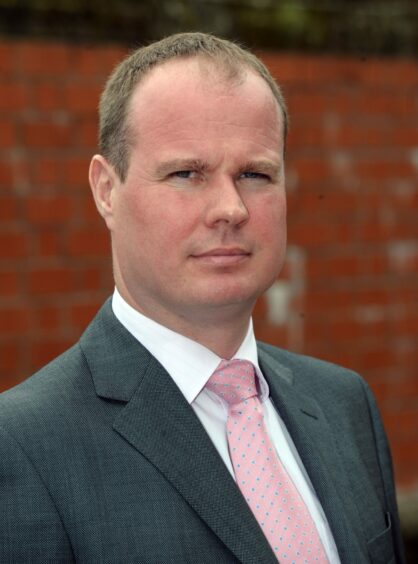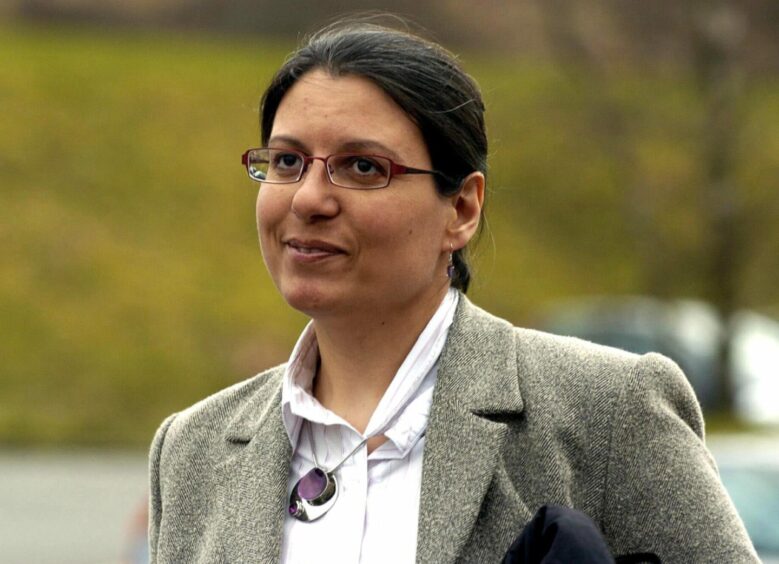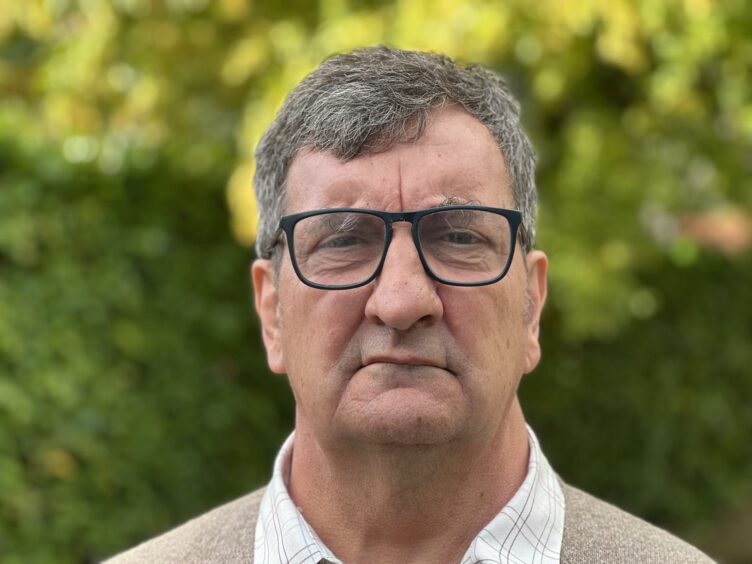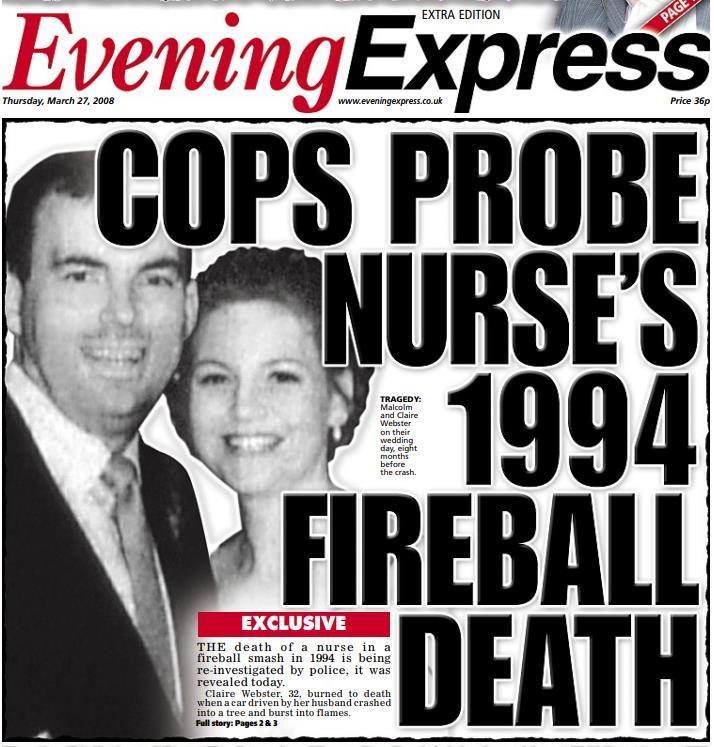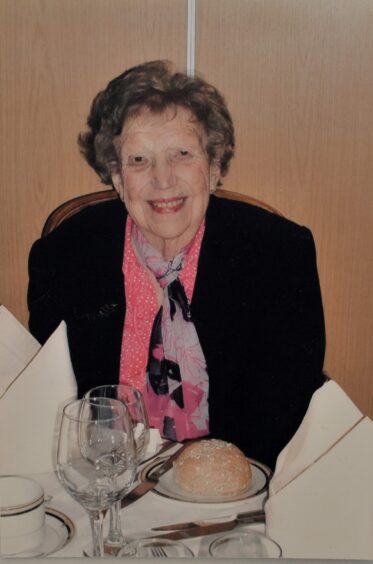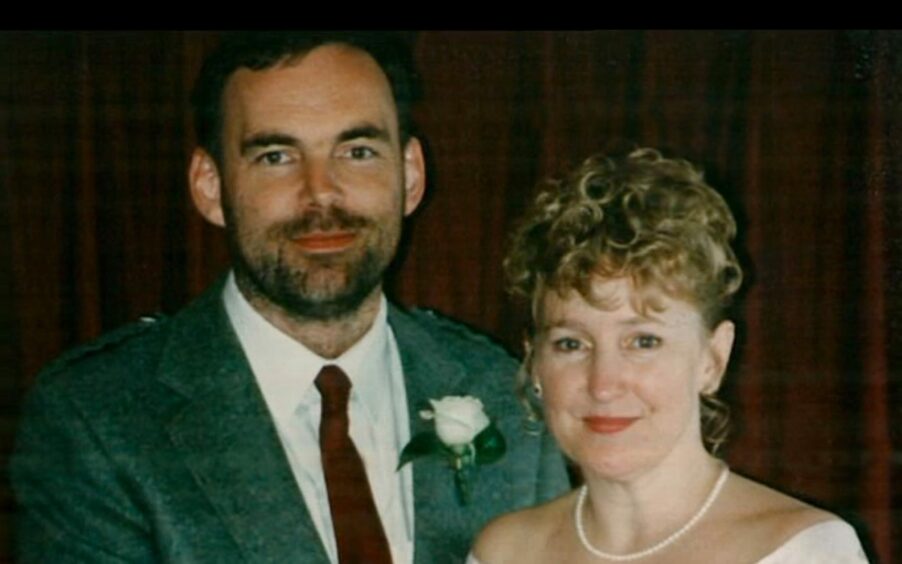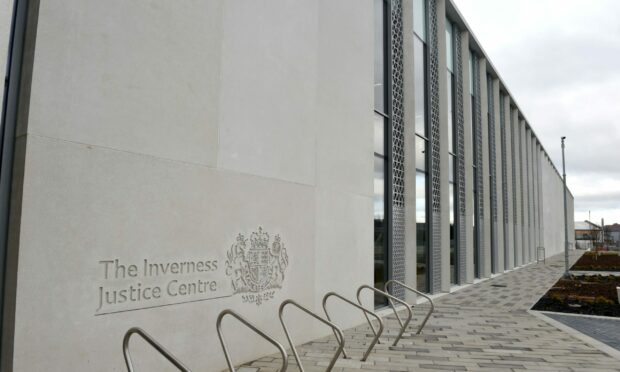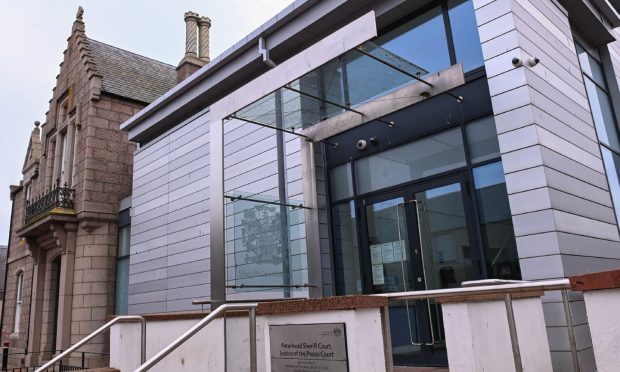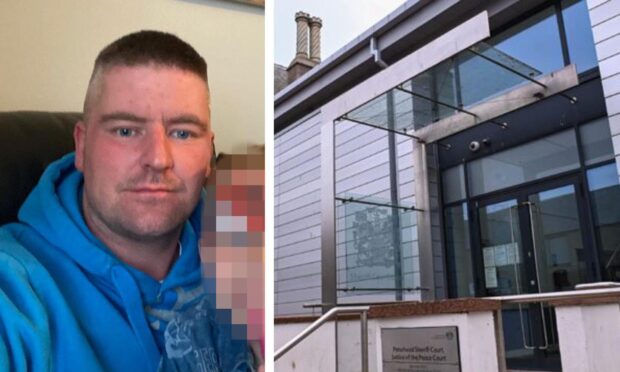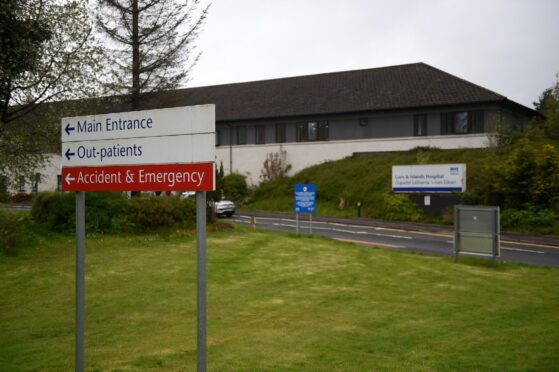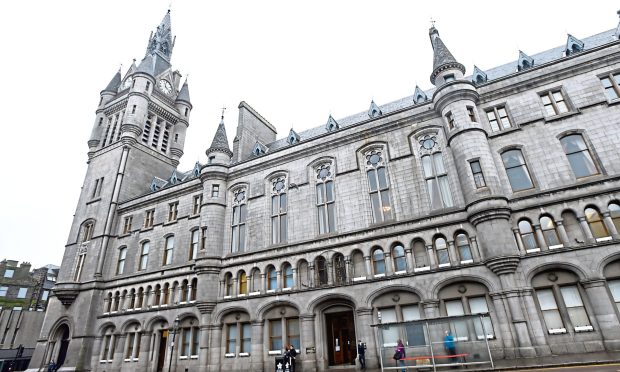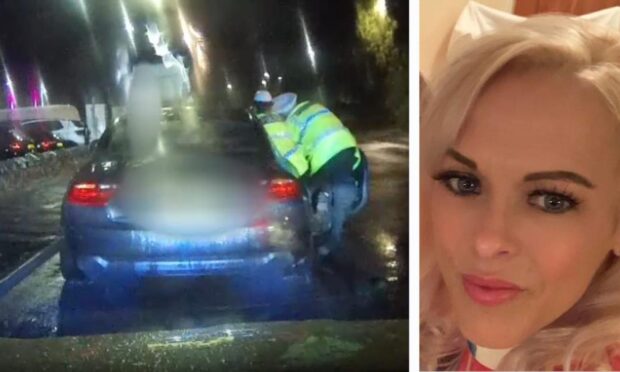The murder trial of notorious north-east Black Widower Malcolm Webster was the longest court case of its kind in the history of Scottish justice and the police probe to get him in the dock spanned several countries.
His crimes began in Aberdeenshire where Webster killed his first wife Claire Morris on the Oldmeldrum to Auchenhuive road in 1994.
The nurse always insisted his car caught fire when he swerved into a tree to avoid an oncoming motorcyclist.
But Webster had been drugging his wife with sleeping tablets and had actually staged the car crash before setting fire to the vehicle his wife was inside.
It would be more than a decade before the authorities, who’d treated the tragedy as an accident, realised what really happened.
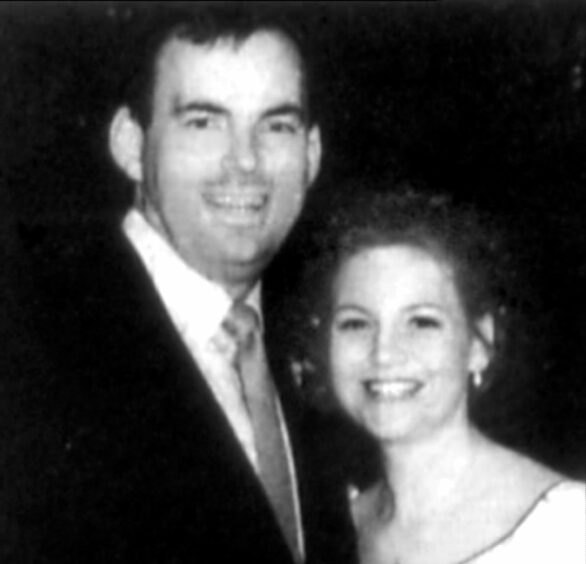
When Peter Morris held out his hand to comfort Malcolm Webster during his sister’s funeral, he had no reason to believe the grief his brother-in-law was showing was anything but genuine.
In 2011 Peter told the Evening Express about the moment he first met Webster in 1991, when Claire took him to a family dinner.
“Claire was just besotted with him,” Peter, who died in 2019, said. “She was so in love with him and she appeared so happy.
“It was great to see her in love and he was her first serious boyfriend.”
Peter, who lived in Kent, said he instantly developed a friendship with Webster and said they became good friends.
He said: “I guess I was naive. I took to him straight away.
“He came across a little bit cheeky and roguish, which I liked. We had the same kind of humour. He seemed like an intelligent, pleasant and caring man. I did approve.”
Chief Inspector Phil Chapman, who led the investigation, said: “What started to become clear relatively early was that Webster’s version of events didn’t stack up.
“You’ve got the fire investigators saying ‘well fires don’t happen like that’ and collision inspectors telling you the same thing.
“Then you look at the medical evidence when Webster presents at hospital.
“Here you have a man who has just been subjected to one of the most traumatic events anyone should ever have to endure in their life and three to four hours later his blood pressure is textbook and his heartbeat is normal.
“All these things start to erode any view that Webster is this charming, gregarious, kind man and make you start wondering if he could be as cold and sinister as to actually take his wife’s life.
“The only logical answer you can come up with is yes.”
Within six months of Claire’s death, her husband had cashed in his dead wife’s life insurance and spent all £208,815 on things including a Land Rover Discovery and yacht.
Webster’s new life
Webster started a new life in New Zealand where he married Felicity Drumm in 1997 and within just a couple of years, he was at it again.
The coupled were on their way to sign some legal papers, with her in the passenger seat, when their car smashed into a pole near Takapuna.
Afterwards, she complained to her doctor about blackouts and tests revealed she had clonazepam in her system.
She made a police complaint against her husband, accusing him of secretly drugging her.
But Webster denied that the crash had ever happened and later fled the country.
When Webster failed to appear at North Shore District Court to face charges in July 2000, arrest warrants were issued.
In 2006, Webster was living in Oban where he worked at the local hospital.
It’s there he met NHS manager Simone Banerjee who he planned to marry.
But a key figure in the capture of Malcolm Webster was convinced his latest lover was in danger.
Retired Detective Inspector Charles Henry believed the calculating killer may have planned to murder Simone Banarjee on a honeymoon trip across the Atlantic.
Police in Oban had been investigating Webster’s background since a tip-off from Grampian Police, towards the end of 2006.
When they learned he was living with his fiancée, a woman “of independent means”, alarm bells started ringing.
The former Strathclyde Police officer felt he had to take action when he learned the couple intended to go on a transatlantic boat race to celebrate their planned marriage.
Detectives briefed HR staff at Lorn & Islands Hospital, where the pair both worked, to notify them if they booked holidays.
Police enquiries looking into Webster’s past started to reveal that wherever he had gone to live and work, incidents of fires followed.
When police unearthed details about a bin fire at the hospital – with Webster hailed as a hero for discovering and extinguishing it – officers were given permission to formally warn Simone she could be in danger.
Mr Henry added: “The emotional damage that he has caused to some of the ladies who have been in his life is incalculable.”
Now armed with the knowledge that Webster was already married to Felicity Drumm, which New Zealand officials had told Banerjee when she telephoned them, she confronted Webster.
Just as he had done previously, he fled the area in December 2007.
In early 2008 the Evening Express broke the news that Grampian Police were re-investigating the death of his first wife Claire Morris.
The new probe was launched after a tiny sample of Claire’s liver, which had been taken at the time of her post mortem, was located and tested.
Results revealed that she had been drugged with Temazepam which is used to treat insomnia but was never prescribed for Claire to use.
1,000 statements, six countries
After 1,000 police statements were taken in a number of countries, Webster was charged with crimes including murder, attempting to murder and intending to bigamously marry.
The decision to prosecute Malcolm Webster in the Scottish courts for offences abroad was unusual, but not unprecedented.
A jury at the High Court in Glasgow heard weeks of evidence relating to Webster’s attempt to kill his second wife Felicity Drumm in New Zealand.
The decision to indict Webster for crimes committed in both Scotland and New Zealand was taken in 2009 after a year-long investigation.
Grampian Police discovered that Webster’s first wife Claire and Ms Drumm both had drugs in their systems at the time of the car crashes, with Webster driving in both cases.
It was an intricate case with prosecutors contacting six countries across the globe.
Police interviews were carried out in New Zealand, Australia, Sierra Leone, USA, France and Spain.
‘Liar, philanderer, ratbag’
In court, Webster was branded a liar, a philanderer and a ratbag – and that was by the man defending his name.
But through the trial his defence advocate Edgar Prais QC insisted Malcolm Webster was no murderer.
From the beginning Mr Prais described Webster as a “self-confessed liar, thief and fraudster”.
He also said Webster admitted he was a “coward” who did everything he could to prevent his second wife Felicity discovering he had “robbed her blind”.
Prosecutors took 50 days to present their evidence against Malcolm Webster but less than four hours for the jury to find him guilty.
Webster’s conviction – after a 16-week trial – was the culmination of a vast and painstaking investigation by police in Grampian and New Zealand, the Crown Office and other criminal justice agencies across the world.
‘Tireless’ work to jail Webster
Lindsey Miller, head of the serious and organised crime division at the Crown Office and Procurator Fiscal Service, said the pursuit of Webster was “tireless”.
“This was a hugely complex case, involving hundreds of witnesses, productions, and financial documentary evidence stretching over a 14-year period,” she said.
deceit
“A vast amount of painstaking work went into this investigation.
“Webster was a calculating criminal who wove a web of lies and deceit around people who entered his life in good faith.
He took careful steps to cover up his crimes, including using specialist medical knowledge.”
The mum of tragic Claire Morris also spoke of her ongoing pain over the death of her beloved daughter and best friend.
Betty Morris, 86, paid tribute to the tragic young woman.
“Claire is still greatly missed,” Betty said.
“She was great company. We were all extremely proud of her and loved her very much.
When she became a nurse we were so proud. Her death was devastating.”
Claire’s devoted mum, who lives in Kent, said she will never forget her daughter.
And the pensioner said it was still hard to think about the horrific circumstances in which she lost her life.
Betty said: “We still get upset when we think how she suffered when she died. I have not only lost my daughter but my best friend.”
Betty said of Webster: “He just seemed odd – he didn’t seem natural to me.
“Claire would call me ’mum’, but Malcolm didn’t like that, and wanted her to call me ’mother’. He also used to tell her to take her hands out of her pockets and to stand up straight.”
A jury at the High Court in Glasgow also convicted Webster for the attempted murder of Felicity Drumm in a crash in New Zealand, which was identical to the Claire Morris’ crash five years before.
He had taken out insurance policies worth hundreds of thousands of pounds on both Felicity and her sister Jane’s lives.
Jane said: “We feel validated now. He can’t hurt any other women. It was really devastating. There were a number of times where we could easily have lost my sister.”
